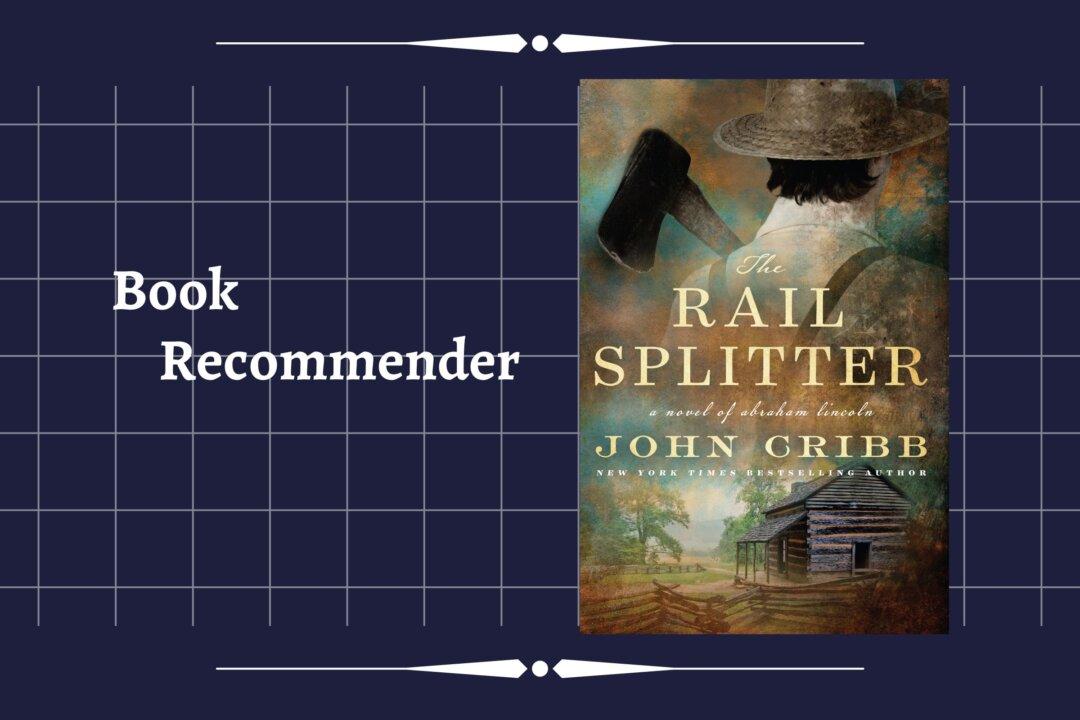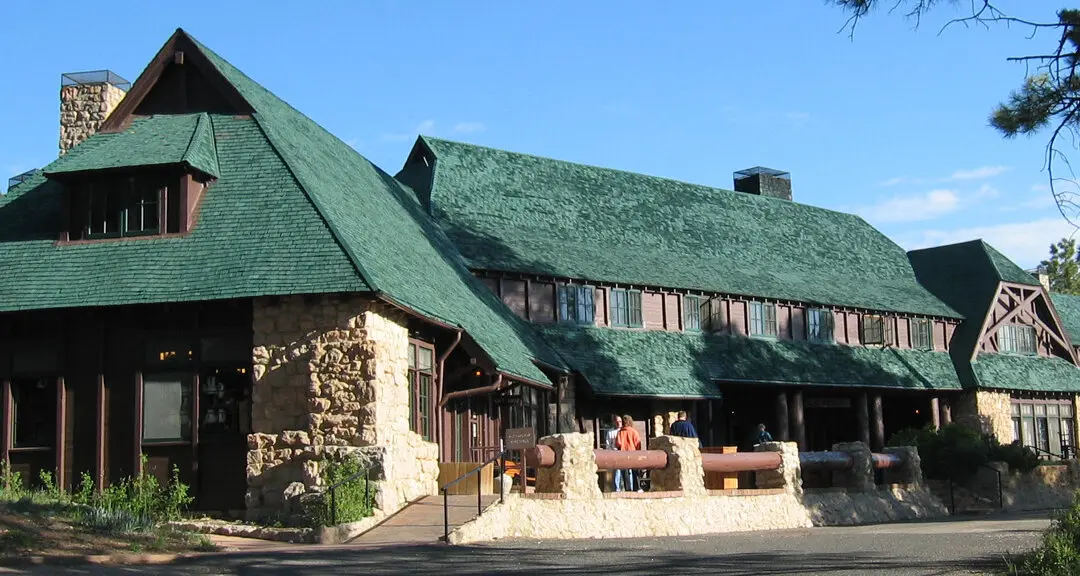So much has been written about Abraham Lincoln that it seems impossible to reveal more. Yet John Cribb’s work of historical fiction, “The Rail Splitter,” gives us the emotive, expressive, brooding, and persistent Lincoln long before he became leader of a nation burning with war. Not since Carl Sandburg’s 1926 “Abe Lincoln Grows Up” has a book so enthrallingly captured Lincoln’s mundane upbringing.
Cribb presented Lincoln familiarly in his “Old Abe,” but it was set after Lincoln was already a rising political star in Springfield, Illinois. In “The Rail Splitter,” we meet Lincoln as a youth fretting over a borrowed book soaked through due to openings in the roof of his family’s rough-hewn cabin. So burdened is the young Lincoln over what appears to be a ruined book on George Washington, his hero, that he walks miles to the book owner’s home and agrees to pull field fodder to become “square” about the loss. But instead of taking the book back, the neighbor allows Lincoln to keep it. Cribb writes, “Abraham’s mournful face brightened. … Abraham’s spirits shot up at the thought of owning the volume, even if it was in a sorry state.”





